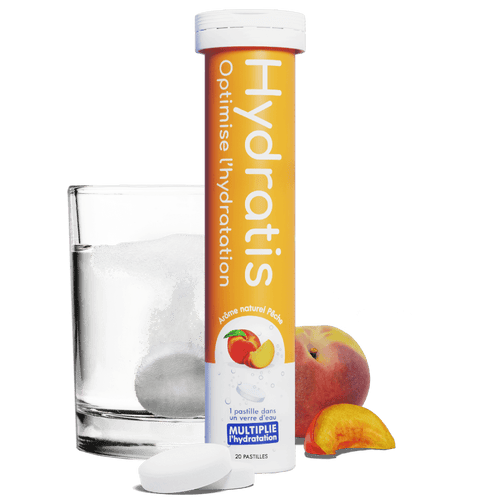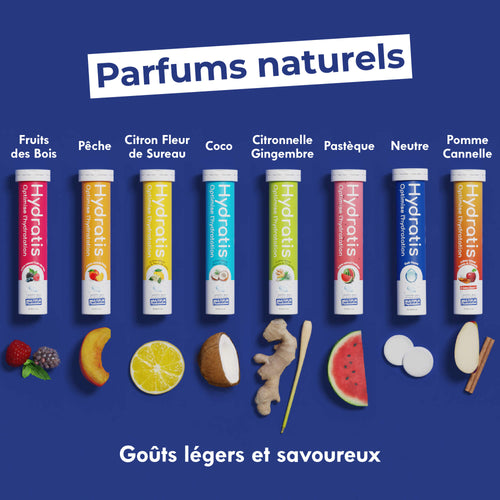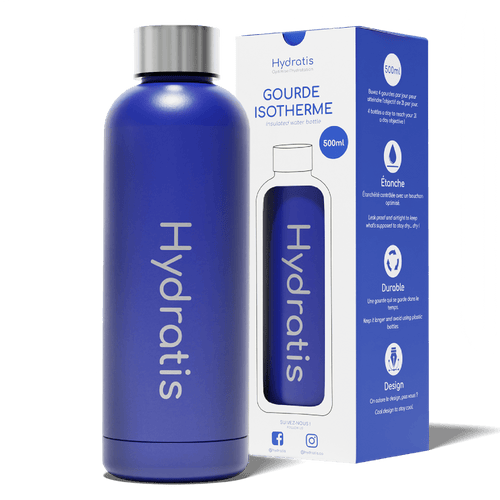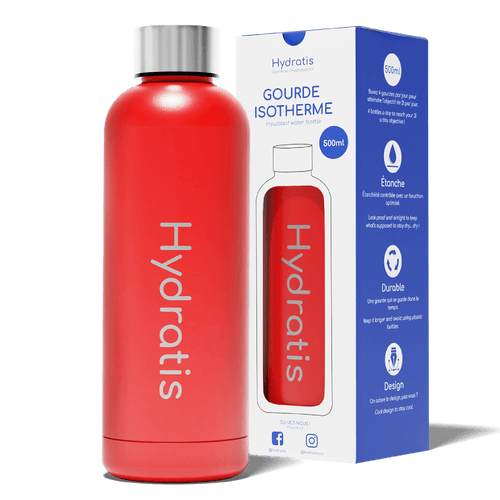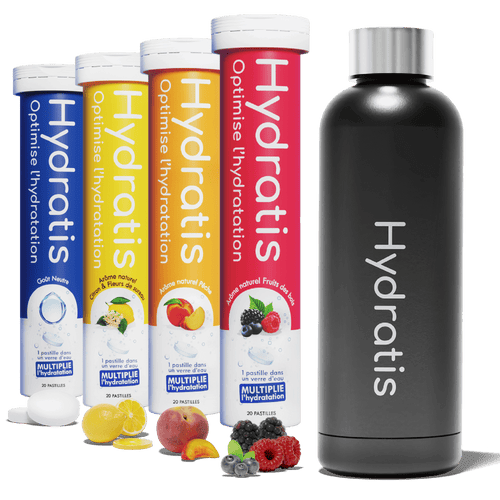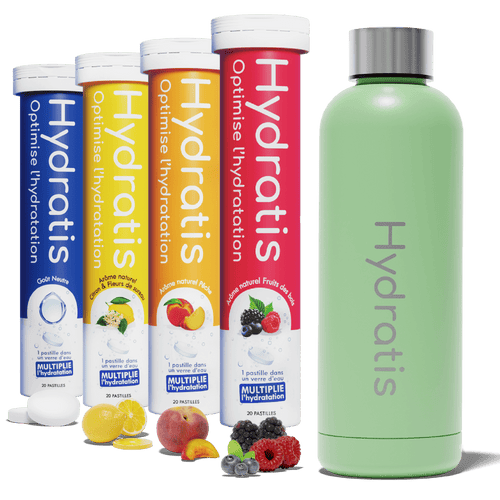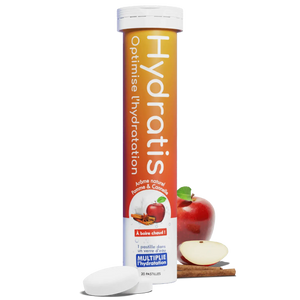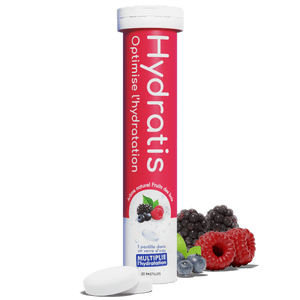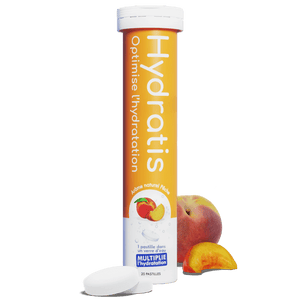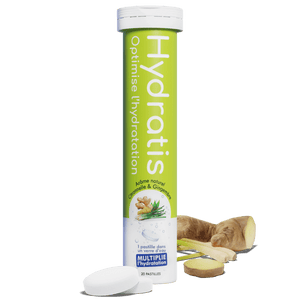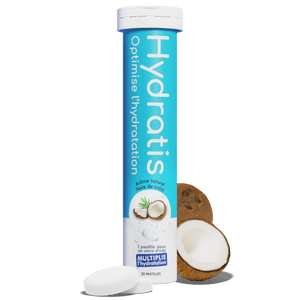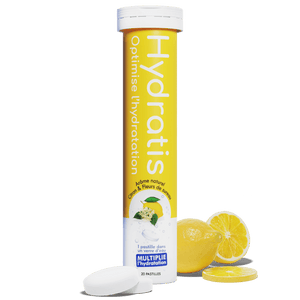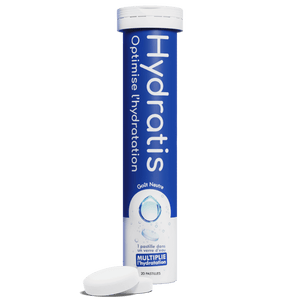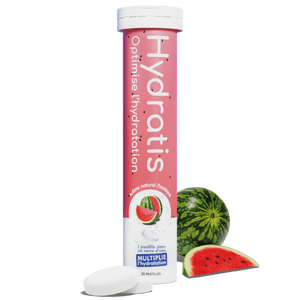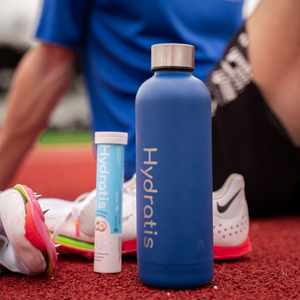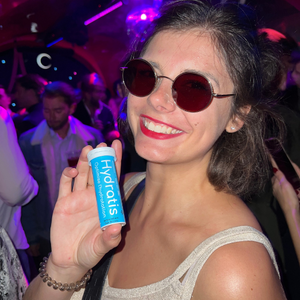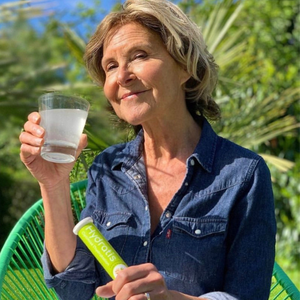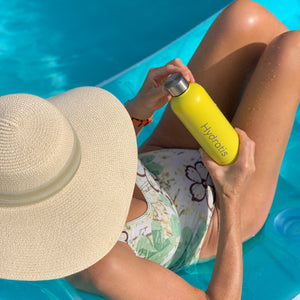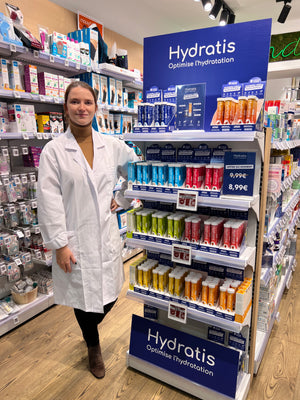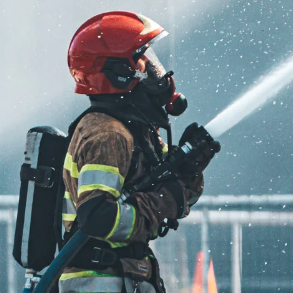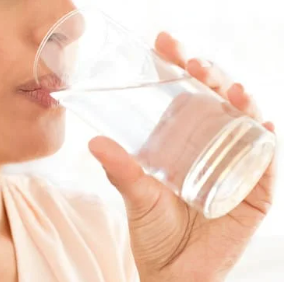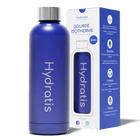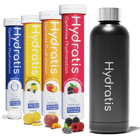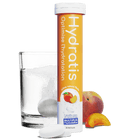
Drinking 2L of water a day: is this a good recommendation?
Water is essential for life and for the proper functioning of the body, which is why the daily consumption of water must be sufficient to be able to compensate for the losses caused during the day. Many doctors and nutritionists recommend drinking at least two liters of water a day. But what is it really? In this article, we dissect this recommendation by focusing first on the role of water in the body and then on the amount of water to drink daily.
You may have already heard that you can survive up to 30 days without eating but only 3 days without drinking, which is to say the importance of water for the body and its metabolism. The body of a healthy adult is made up of 60% water, and up to 75% in babies. Water has many roles within the body, which cannot function without it and the minerals it provides (sodium, potassium, magnesium, calcium, etc.):
- Indeed, it allows the heart to beat while maintaining sufficient blood volume, while also maintaining lymphatic volume.
- It is also involved in respiration and digestion, both in terms of absorption and distribution of nutrients.
- It helps to maintain a stable body temperature.
- It allows the course of chemical reactions of metabolism by being both a product and a reagent, also participating in the elimination of waste from it.
- It supplies saliva, lubricates the eyes, joints, mucous membranes and hydrates the skin.
With its many functions, we understand better why water is the second most important element for life after oxygen, we cannot do without it. Recommendations on the importance of maintaining good hydration are legitimate, water loss must be compensated at all costs, at the risk of suffering from dehydration.
But how much should you drink to make sure you stay well hydrated?
The objective of hydration is to replace, and therefore drink, as much water as the body consumes, but the loss of water caused by the functioning of the body is not the same for everyone, it varies according to several parameters such as age, sex, weight or height. It is estimated that we lose about 30ml of water per kg. For example, an individual who weighs 60 kilos will automatically lose 1.8L of water under normal conditions.
Water loss also varies according to the outside temperature, it will be greater if it is very cold and especially during very hot weather.
Do we really need to drink 2 liters of water a day to compensate for the losses?
In reality, we absorb water throughout the day in different forms. Indeed, water is present everywhere in food, the body gets water from all the liquids that contain it, whether orange juice or hot chocolate, herbal tea, soup... Similarly, fruits and vegetables are rich in water, meat, fish, yogurts themselves have a certain percentage of water.
The majority of what we ingest brings us water and therefore helps to fill the losses. Food alone is obviously not enough to get enough hydration, but when it is rich in water, it must be taken into account in the daily water consumption, which can be reduced. The important thing is to drink throughout the day, without waiting for the feeling of thirst which is already a sign of dehydration.
This is all the more important in the elderly who see their feeling of thirst decrease with age. There are situations where the water losses are more substantial than usual. This is the case when you practice sport, during a heat wave, when perspiration is more substantial to maintain your body temperature. The pregnant or breastfeeding woman will see her water needs increase but also in case of fever, diarrhea and vomiting. Hydration should be adjusted accordingly by drinking more than the recommended 2 liters of water.
In children and infants, the amount of water needed to maintain the level of hydration is not as high as in adults, however, it must be sufficient and of course increased if necessary:
- In a breastfed infant, there is no need for additional water intake.
- From 6 months and up to 1 year, total fluid needs rise to 0.9L per day.
- From 2 to 13 years old, water needs increase gradually until they reach 1.6L.
- From the age of 14, needs are equivalent to those of adults.
Finally, it is possible to drink more than the 2L of water usually recommended, but be careful not to over-consume water, as this can be dangerous. Drinking more than 3 liters of water per day, without losing more water than usual, causes unpleasant effects such as excessive sweating or nocturnal awakenings due to the urge to urinate. In the most serious cases, hyper hydration can cause a hydraulic coma because the minerals, in particular sodium, are found diluted in the blood. As a result, a concentration gradient is formed and water infiltrates abnormally into cells, including nerve cells, causing cerebral edema which can be fatal. Rest assured, this is a rare event because the amount drunk must be very large over a short period of time.
It can sometimes be difficult to meet the daily water intake recommendations. Using Hydratis , you can make ultra-hydrating drinks by dipping a tablet of the flavor of your choice into a glass of water. Effective hydration becomes easy and attainable for everyone, even when you don't like water. With its ergonomic packaging, carry them everywhere and stay hydrated in all circumstances.
